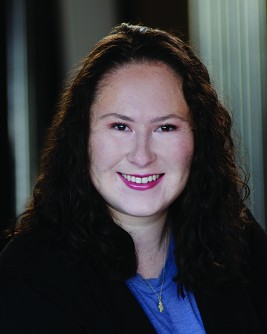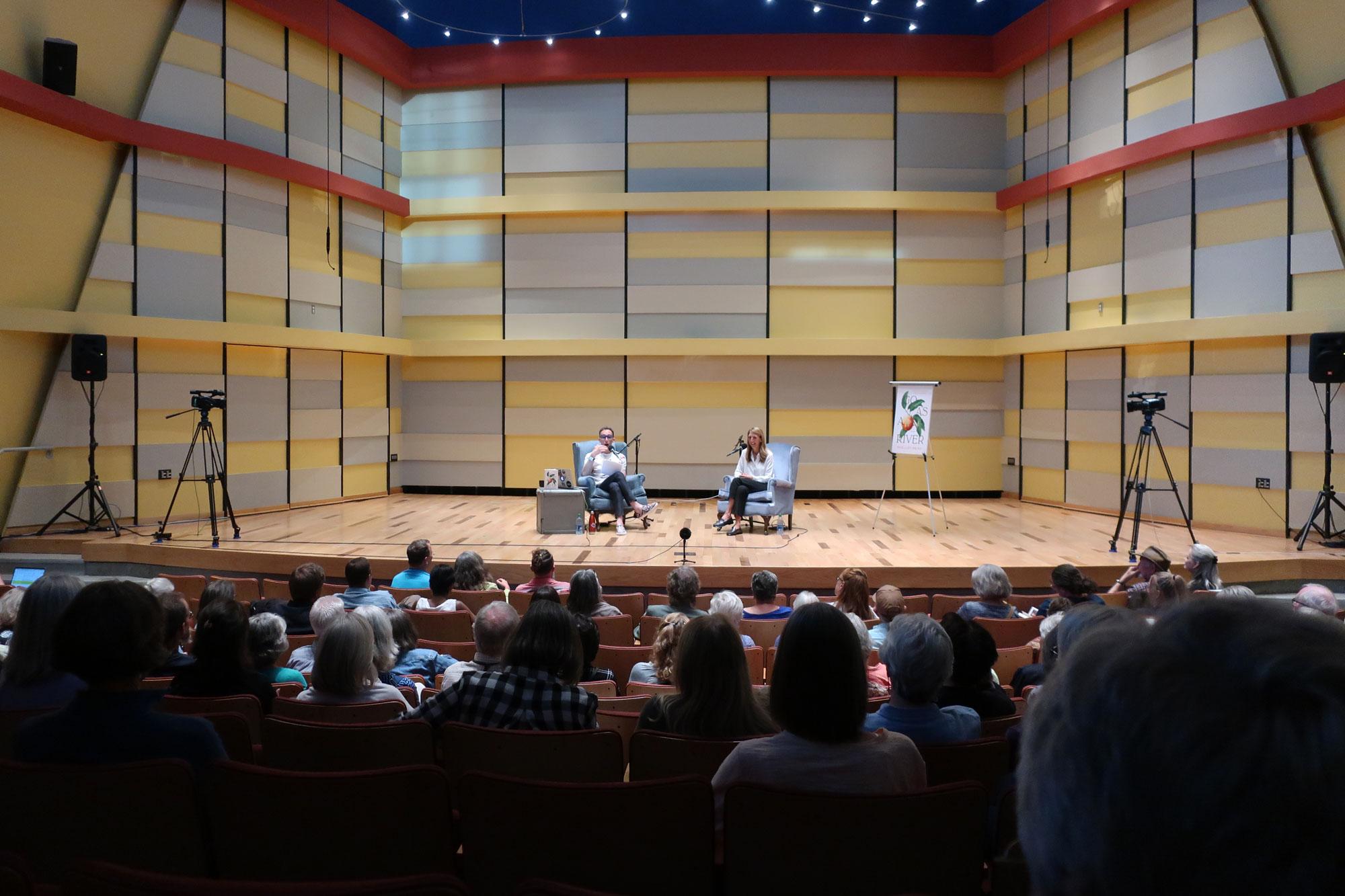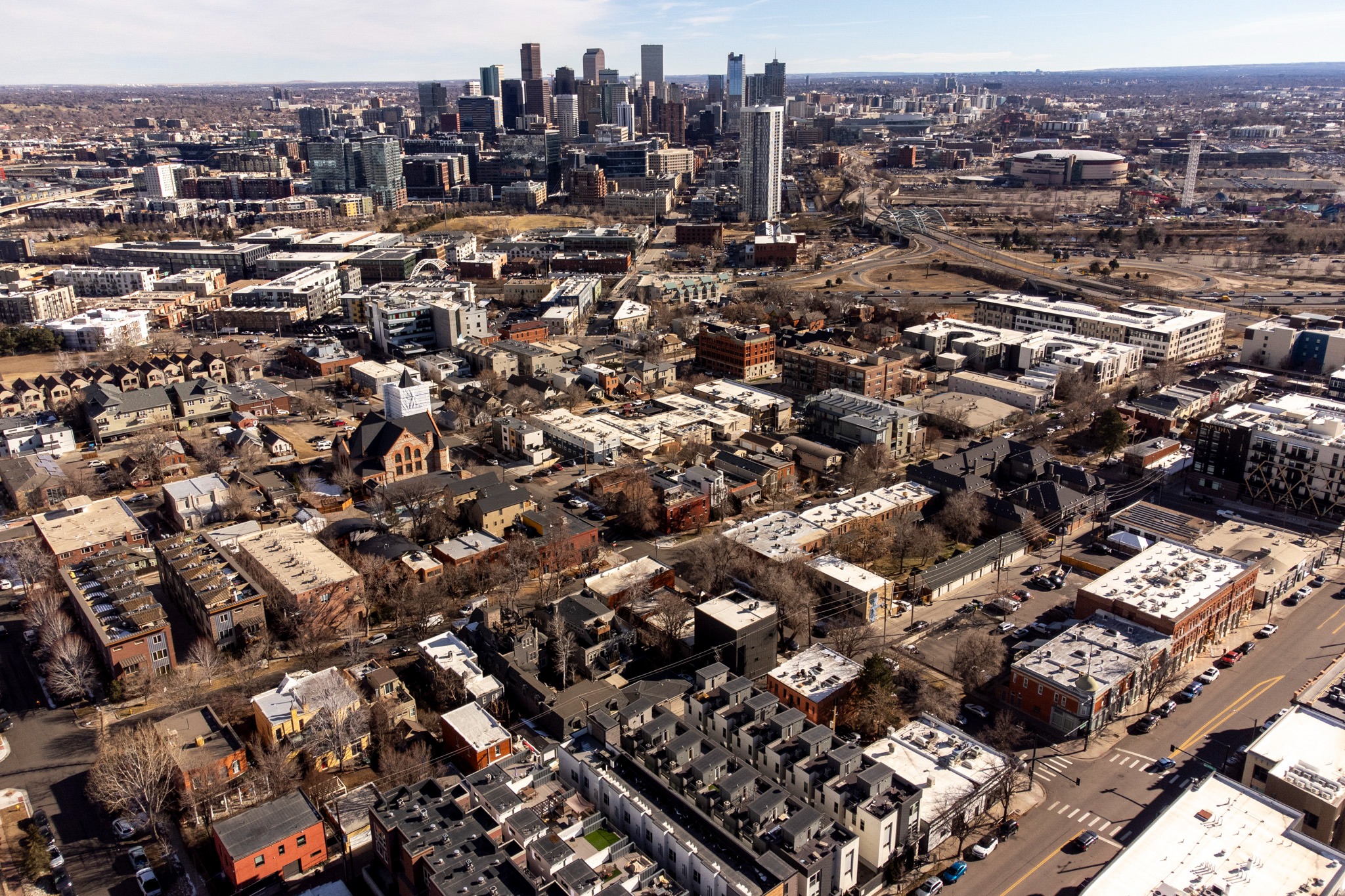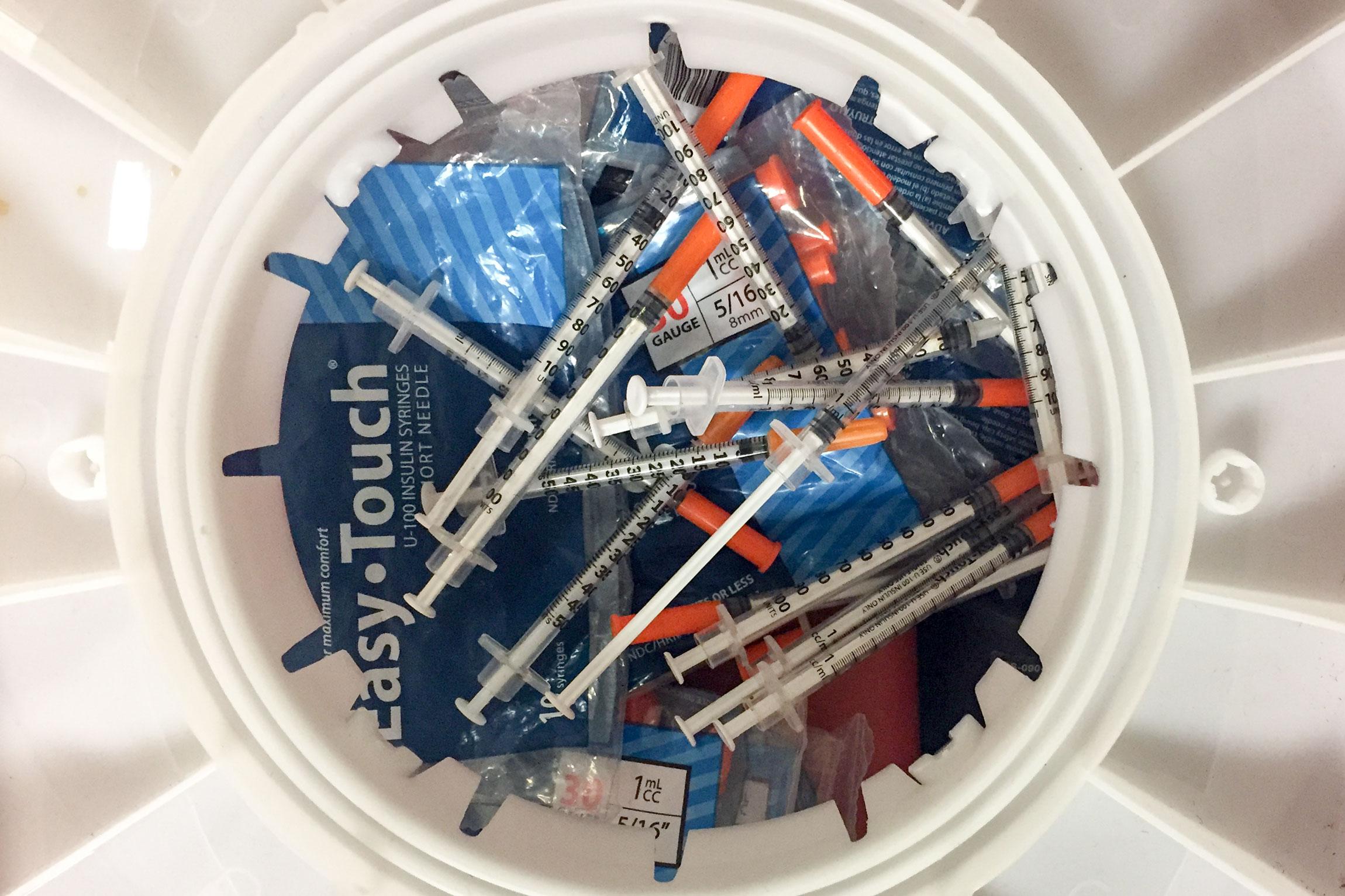
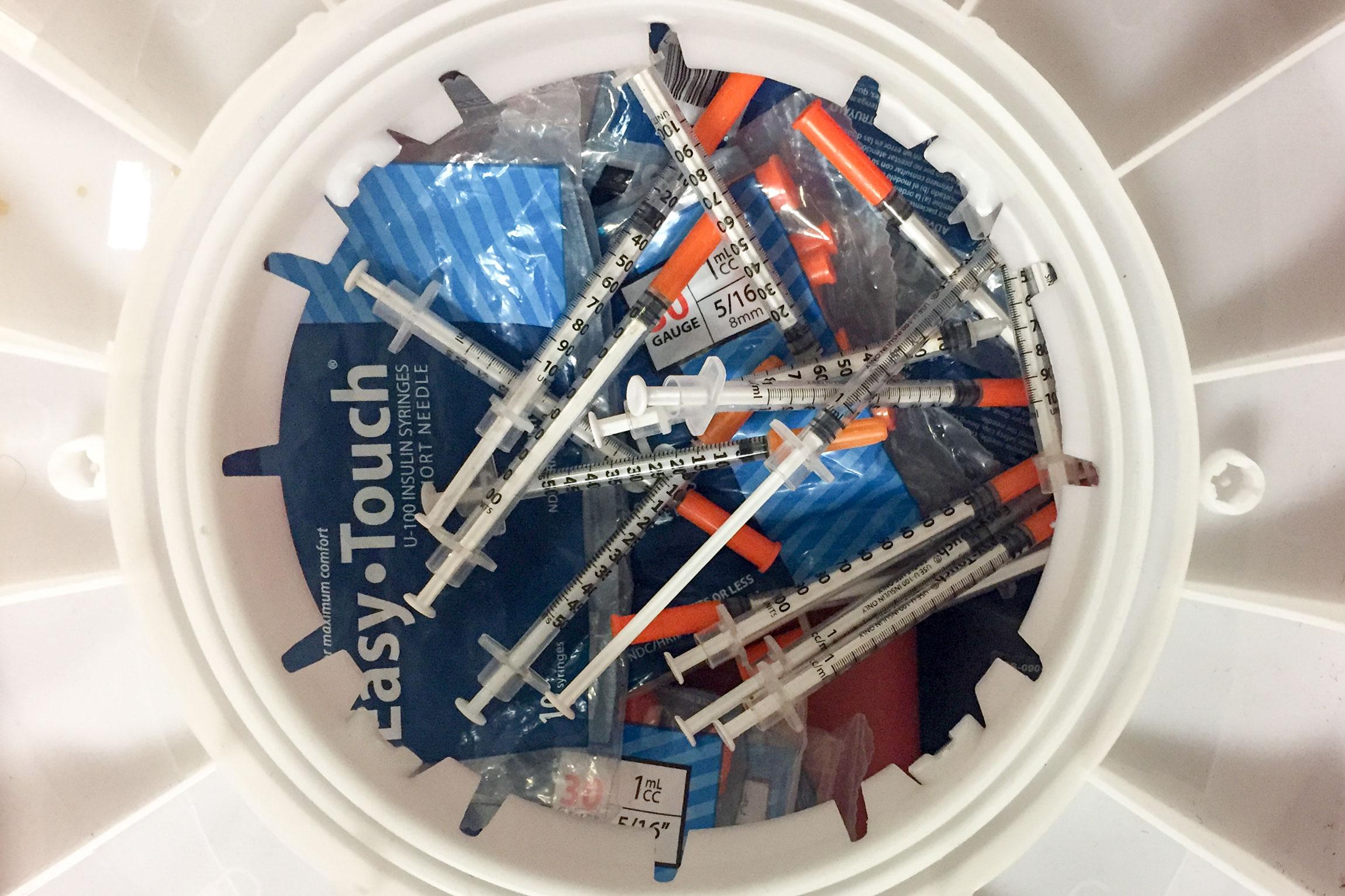
Published 7:28 a.m. | Updated 12:43 p.m.
Denver has taken another step toward being the first U.S. city with a supervised site for illicit drug users to inject.
The City Council passed an ordinance Monday night in support of a single facility pilot program for two years. The bill is sponsored by Councilman Albus Brooks.
The safe space idea would provide trained professionals and clean needles with an eye toward overdose and preventable disease intervention.
More than 1,000 people died from drug overdose in Colorado in 2017. A record 201 people died in Denver. Four years ago, Joelle Fairchild’s son, Tony, was among the overdose fatalities. He was found on the Cherry Creek Trail in Denver. Fairchild said a “supervised use site could have saved his life.”
The first step in support of a supervised drug use site came at a Nov. 7, Denver Safety, Housing, Education and Homelessness Committee public hearing.
At that hearing, people with histories of IV drug use, social workers, doctors and parents urged the council to approve supervised use facilities. Dr. Donald Stader, an emergency physician at Swedish Medical Center in Denver and representative of the American College of Emergency Physicians, pointed to research and the cost that taxpayers endure to treat cases of hepatitis and HIV.
He called it “not only the scientifically sound thing to do, but it is the moral thing for each one of you to do.”
Once the site is open, users could come in with their own drugs. The facility’s staff would be on site with overdose antidote naloxone, safe injection education and referrals to addiction treatment.
Lisa Raville of the Harm Reduction Action Center sees the possible pilot site as an extension of Denver’s flourishing needle exchange program. The center began providing sterile injection supplies in 2012.
In the last six years, the organization has given 52,000 referrals to testing, mental health support and substance abuse help centers. Raville said the safe injection site would help recovery programs meet drug addicts where they are.
“I can't get them into treatment if they’re not alive,” she said.
Several cities around the country have considered safe injection sites as a way to cut down on overdose deaths. California sent a law to Gov. Jerry Brown to allow a site in San Francisco, but he vetoed it. Colorado’s potential pilot program is still contingent on the state legislature’s approval of such sites.
A bill to do that failed in the 2018 session.
While there are still implementation and legal hurdles to clear, Denver Mayor Michael Hancock said the City Council bill approved Monday has his full support and he will sign it.
“Like cities across the country, Denver is seeing significant numbers of people dying each year of drug overdoses,” Hancock said in a news release Tuesday. “I applaud Councilman Brooks for looking for innovative answers.”
Opponents to the program argue it will encourage drug use and bring crime to the site’s neighborhood. The council said there will be opportunities for residents to give input about the possible location.
“It’s not the path I think the city ought to be taking,” said Councilman Kevin Flynn, who voted against the ordinance Monday. “To establish a designated area where dangerous illegal drugs, heroin, can be consumed.”
Flynn noted he would be in favor of the bill if it included a more “aggressive path toward treatment.”
Councilman Paul Lopez disagreed and argued addicts will use dangerous drugs regardless.
“You’re not enabling,” he said. “You’re being there as a supervisor to make sure they aren't killing themselves. It’s not supervised injection sites replacing treatment. This is just another tool for a society that still doesn't know how to address addiction.”
